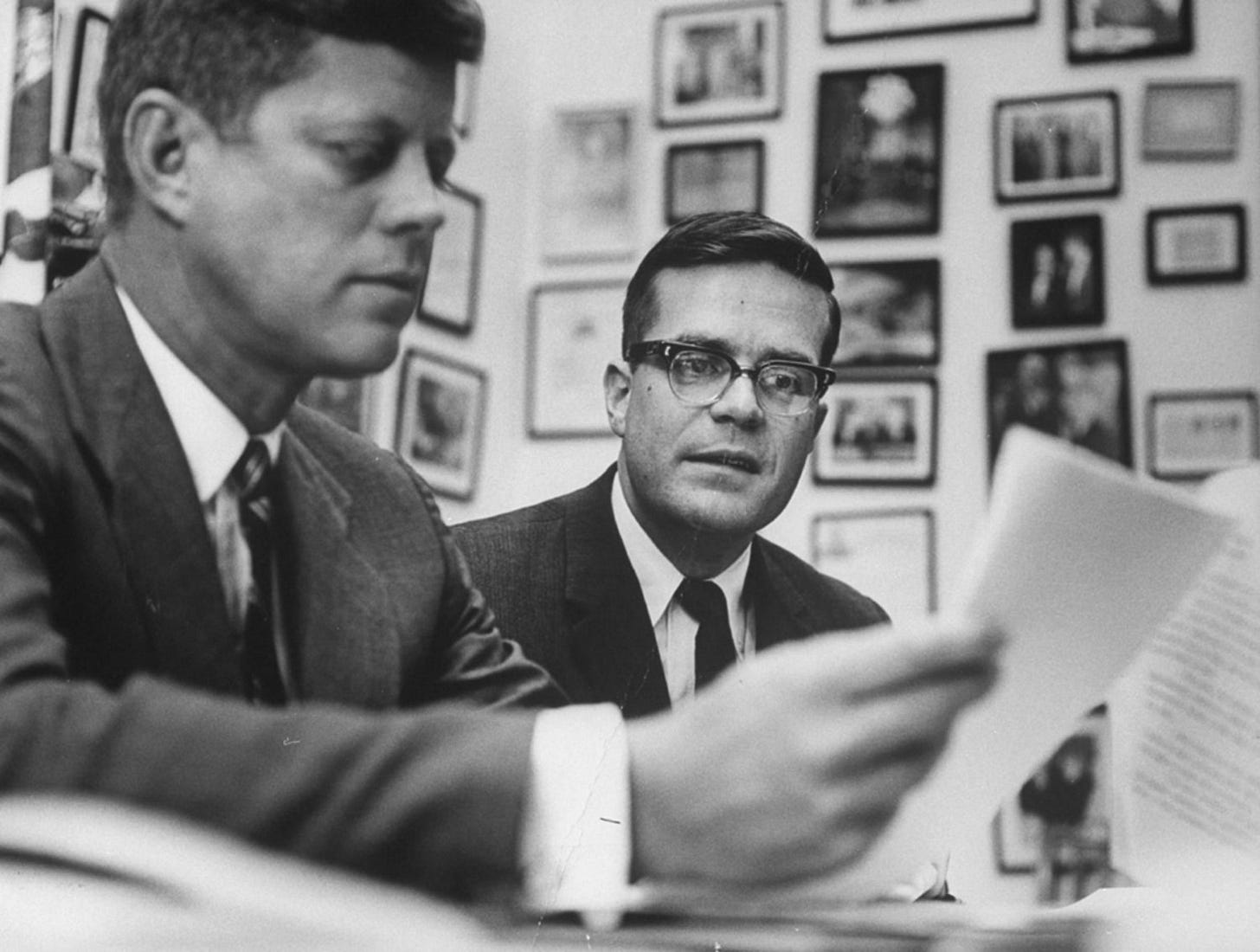Aristotle’s Writing Advice
Aristotle (384-322 BC)—student of Plato who was a student of Socrates, the greatest thinker of all—wrote on a wide range of topics, including ethics, “natural philosophy” which we call science, and rhetoric.
But only about one-third of his writings have survived. After the fall of Rome, ancient Greek texts were soon forgotten in Europe. We only know the name Aristotle today because the ancient texts were translated into Arabic, preserved for the world outside of Europe.
Aristotle’s 3 elements of rhetoric are:
ethos - you, your image
logos - the logic of what is written/said
pathos - the reader/audience response
Ethos is who you are. Why should I listen to you? What is your experience? What image of yourself are you conveying?
Logos is the logic of your writing, most important in communicating your message. Walk people through on the logic. (It’s challenging now that the public no longer has a shared set of facts they can agree on.)
Pathos is an appeal to emotions. This is how the reader/audience responds to your ideas.
Before you start writing, ask yourself what the purpose of this piece of writing is. How can you make it memorable and inspiring? And remember that the best writers (like Churchill) spend plenty of time perfecting their message.
Here’s that basic structure:
Incorporate some pathos and ethos toward the beginning.
The bulk of the piece is logos.
End with positive, memorable pathos.
Ted Sorensen’s Writing Advice
After leaving the White House in 1963, many people have tried to hire Ted Sorensen (1928–2010) as a speechwriter, starting with LBJ. But Sorensen always refused, saying it wouldn’t work. He could write for JFK because he lived and traveled with him on the campaign trail and had the music of how he spoke inside of him. He couldn’t see doing that for anybody else.
The other problem, he said, is that the speechwriter doesn’t get any sleep. He ended up cranking out the next day’s speeches while the candidate was asleep. Fortunately, he was a young man of 32 years old.
Although many things have changed since then, the elements of compelling writing remain the same. Their main goal was for speeches to be easily comprehended and comfortable, which means short and to the point.
Here’s is Ted Sorensen’s straightforward advice, offered in person at a talk at the Kennedy School of Government:
“The power of ideas. What is your key message? Convey it clearly with simple, precise word choices.”
“Brevity. If you've got a paragraph that can be expressed in a sentence, put it in a sentence. If the sentence can be shortened, take it down 3 or 4 words. If you can get away with one syllable instead of two syllables, do that.”
“Good organization of your thoughts makes them more digestible and memorable.”
Sorensen co-wrote Kennedy’s Pulitzer Prize-winning book Profiles in Courage (1955).
Lincoln's 1st Inaugural Address: Great Speeches/Articles (but not the greatest photographs)
When Lincoln first spoke at a political convention, his down home accent — even if it was the way most people spoke—was the source of ridicule. Instead of saying “chairman,” for example, he pronounced it “cheerman.” At times his clothes were ill fitting until he met Mary Todd Lincoln, the daughter of a wealthy…







All great advice.
Something that caught my eye was Sorensen's note about writing at night; for me, that's the best time to write - no distractions, quiet, time seems to disappear and I'm totally engaged in the writing. Of course, the down-side is living with not-enough-sleep. But it's worth it for the writing.